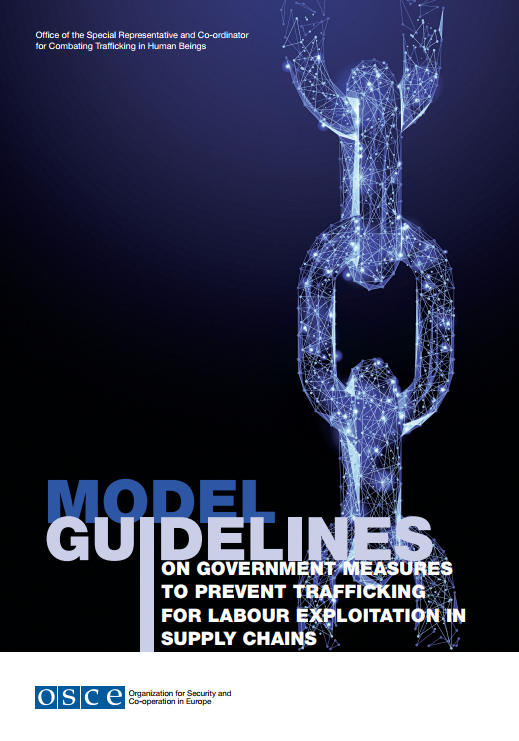Addressing the Human Cost of Assam Tea: An agenda for change to respect, protect and fulfill human rights on Assam tea plantations
GuidancePublicationsWorkers on tea plantations in the Assam region of India are systematically denied their rights to a living wage and decent working and living conditions. The fact that they are unable to meet their basic living costs is starkly illustrated by our fi...Read More

